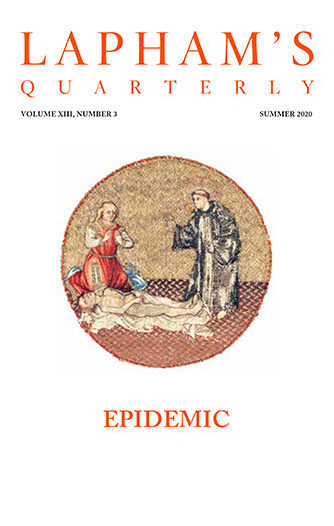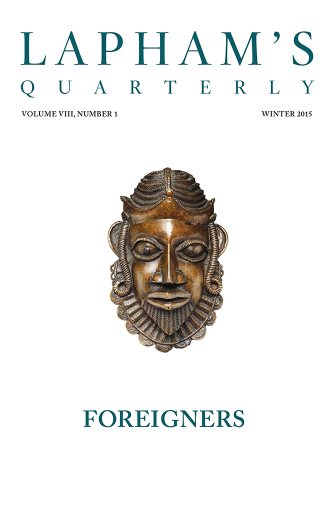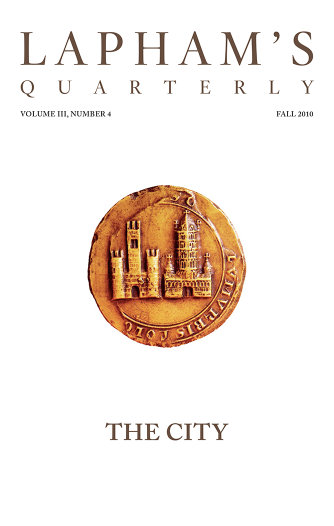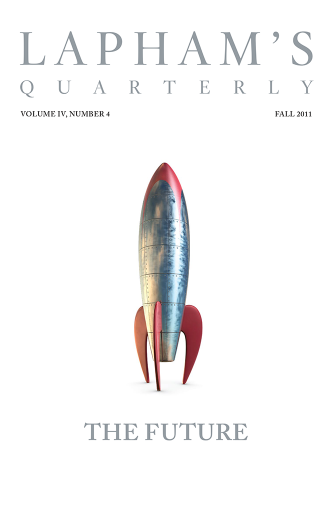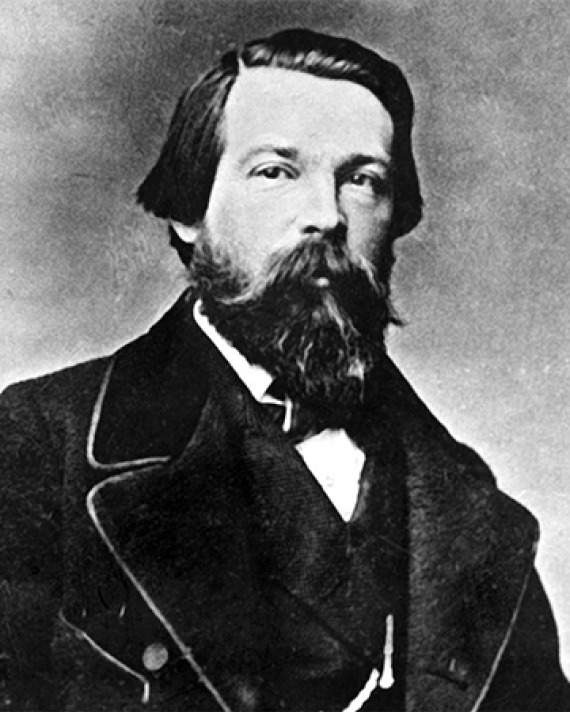
Friedrich Engels
(1820 - 1895)
Born into a wealthy factory-owning family in 1820, Friedrich Engels began work as a clerk in an export firm in 1838, writing to his sister two years later, “We now have a complete stock of beer in the office; under the table, behind the stove, and behind the cupboard; everywhere are beer bottles.” He was an expert swimmer, sang in a choral group, practiced fencing and riding, worked as a journalist, and bragged that he knew twenty-four languages, all before he met Karl Marx in Cologne in 1842. The lifelong friendship between the two men directed Engels to the work of laying the foundations of modern communism.
